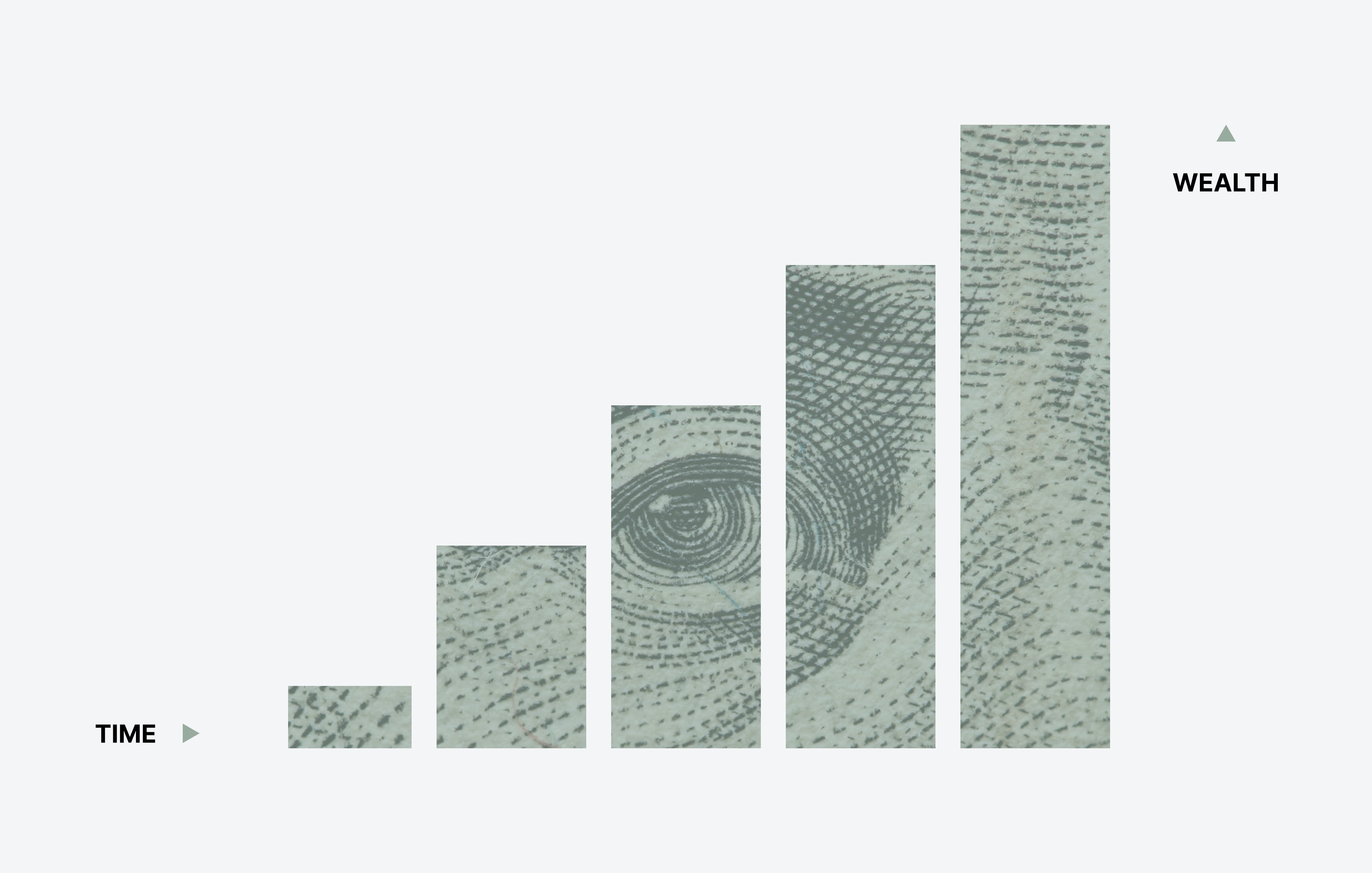IUL
Why You Should Think Twice Before Buying Indexed Universal Life (IUL) Insurance
Discover why Indexed Universal Life (IUL) falls short as an investment choice and the compelling reasons to consider alternatives.
- Read time
- 3 min read
- Word count
- 781 words
- Date
- Sep 19, 2023

🌟 Non-members read here
Why You Should Think Twice Before Buying Indexed Universal Life (IUL) Insurance
Unlike traditional investments, which aim to grow your wealth, it’s essential to understand that IUL is not an investment at all, or more accurately, a very poor one. This article, based on personal research and experience, will highlight some compelling reasons why individuals should exercise caution and consider alternatives when it comes to IUL policies.
IUL Agent: You’re doing this incorrectly!
It’s true that IUL policies can vary significantly in their terms and structures. However, the fundamental concern remains that insurance companies often add layers of fees and complexity, which can reduce the overall returns for policyholders.
Infinite Banking: Flawed Leverage
The concept of “infinite banking” (or “be your own bank”) with IUL policies can appear enticing, but high fees and underperformance can undermine the benefits of this strategy. Having more funds to invest directly may often be a more straightforward and cost-effective approach.
Rich People and Life Insurance
Contrary to what some may suggest, most millionaires do not heavily invest in life insurance policies. Wealthy individuals tend to use a diverse range of investment vehicles to grow their wealth, highlighting the importance of exploring different options.
Banks and Life Insurance
The fact that banks sometimes purchase life insurance for specific purposes doesn’t translate to sound personal financial planning. Banks have unique financial goals and strategies that may not align with individual needs and objectives.
High Fees and a Hidden Cost
One of the most concerning aspects of IUL policies is their high fees. These fees can eat into potential gains and significantly reduce the attractiveness of IULs as an investment vehicle. In comparison, alternatives like low-cost index funds typically come with significantly lower fees, providing a more cost-effective option for long-term growth.
Complexity and Lack of Transparency
IUL policies are often criticized for their complexity, making it challenging for policyholders to fully understand how they work. The lack of transparency can lead to misunderstandings and potentially harmful financial decisions.
Unrealistic Expectations
IUL policies are often sold with the promise of substantial returns. However, these returns can be elusive when considering the impact of fees, underperformance, and restricted access to cash values due to surrender fees. It’s essential to approach IULs with a realistic outlook.
Surrender Charges
Surrender charges can lock policyholders into their IUL policies for extended periods, limiting their ability to access cash values or cancel the policy without significant penalties.
Tax Benefits
While IUL policies may offer some tax benefits, they may not be the most efficient way to save for retirement. Tax-advantaged retirement accounts like IRAs and 401(k)s often provide better tax advantages and more flexibility for retirement planning.
Cherry-Picked Timeframe
Cherry-picking a specific timeframe to illustrate the performance of an investment can be misleading. Starting with a period that includes major market crashes can make IUL policies appear more favorable than they might be in a different economic environment.
Ignoring Dividends
This is a valid concern. IUL policies often focus on the growth of the underlying index while ignoring the dividends paid by the stocks within that index. Over time, these dividends can significantly contribute to the overall return of an investment, and IULs not accounting for them may lead to lower actual returns for policyholders.
Cost of Insurance
It’s true that the cost of insurance can erode the cash value in an IUL policy, especially as policyholders age. This ongoing expense may not align with the long-term financial goals of individuals who no longer require extensive life insurance coverage.
Links
- Sounding The Alarm On Indexed Universal Life Insurance - Forbes Advisor
- Why IUL is a Bad Investment - WCI
- Why IUL Is A Bad Investment: Unraveling The Risks Of Indexed Universal Life Insurance
- IUL - What It Is and Whether It’s for You
- 5 Reasons Not to Buy Indexed Universal Life Insurance
- The Whole Truth About Indexed Universal Life
- Is IUL a Scam? Yes.
- 7 Reasons to Be Wary of Indexed Universal Life Insurance
- 10 Reasons to Avoid Indexed Universal Life Insurance
- Why IUL is a bad investment
Conclusion
In conclusion, Indexed Universal Life (IUL) insurance policies may not be the right fit for everyone. The complex and often costly nature of these policies, combined with their potential to underperform other investment options, raises significant concerns. When it comes to securing your financial future, it’s essential to explore a wide range of options and seek advice from qualified financial professionals. Remember that this article is not legal advice but a reflection of personal research and experience. Make informed decisions that align with your unique financial goals and circumstances, and consider alternatives that may offer a more straightforward and cost-effective path to financial security.